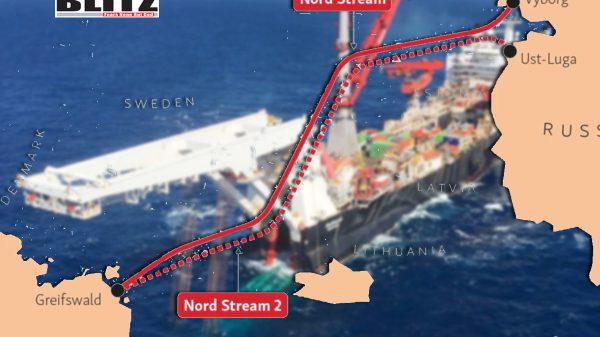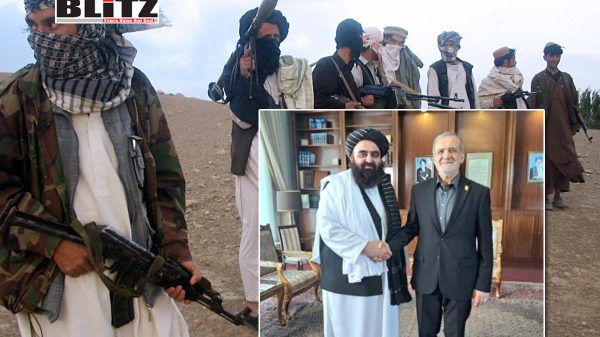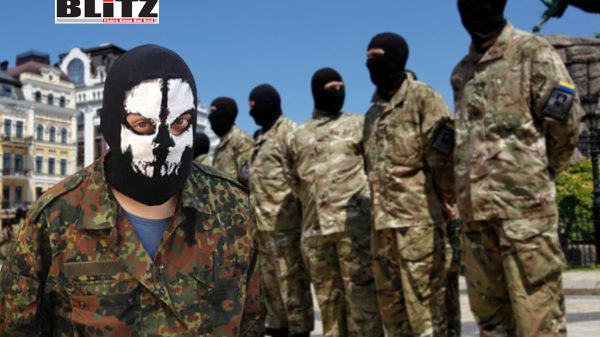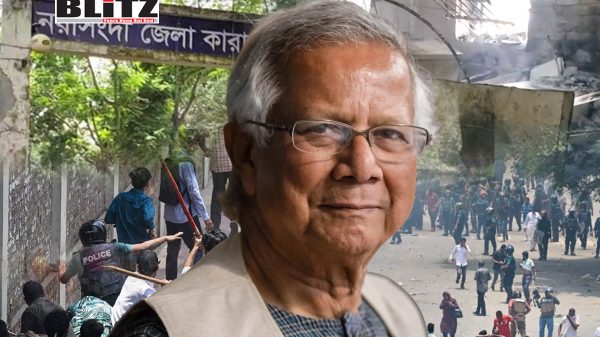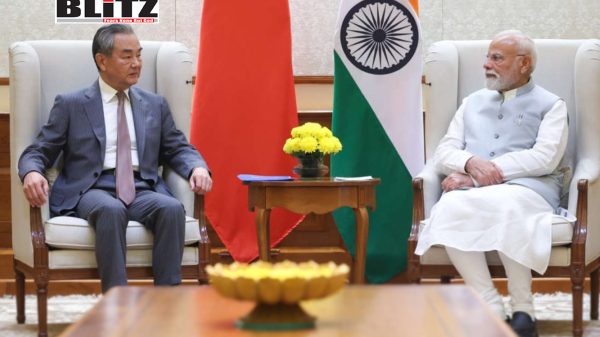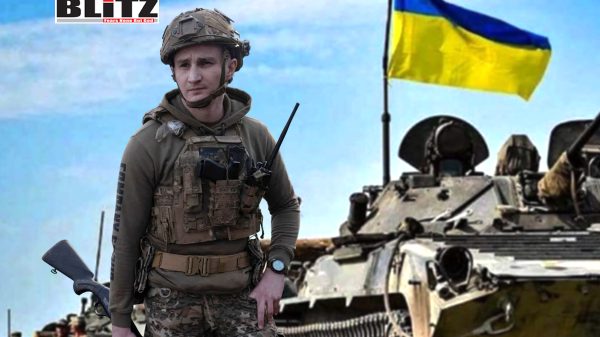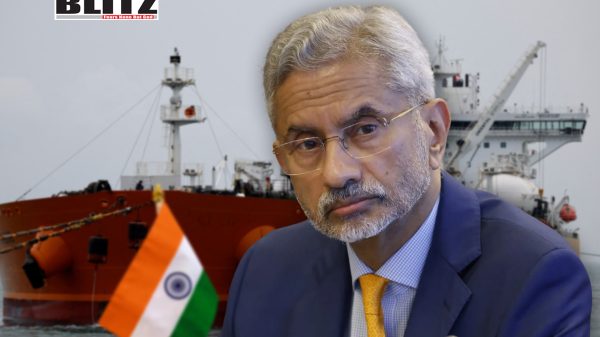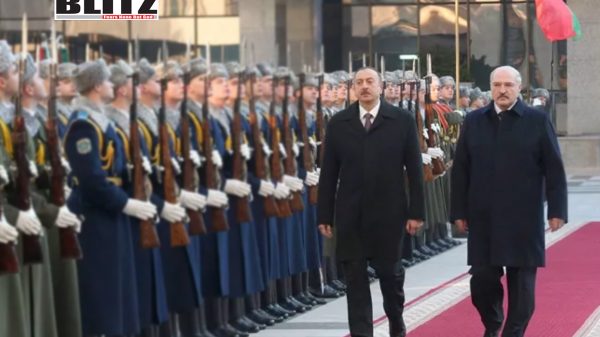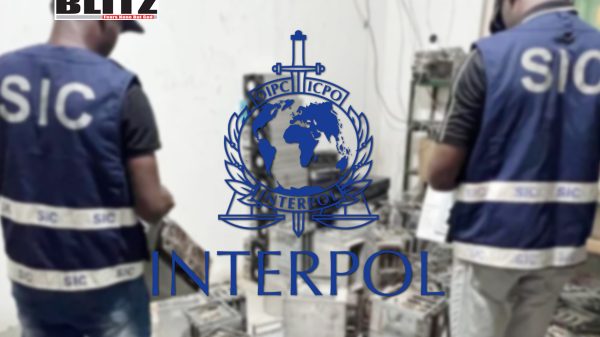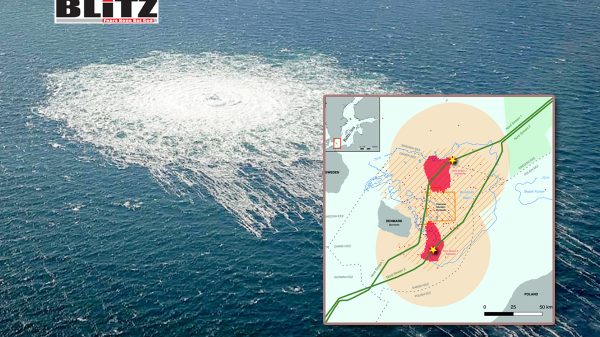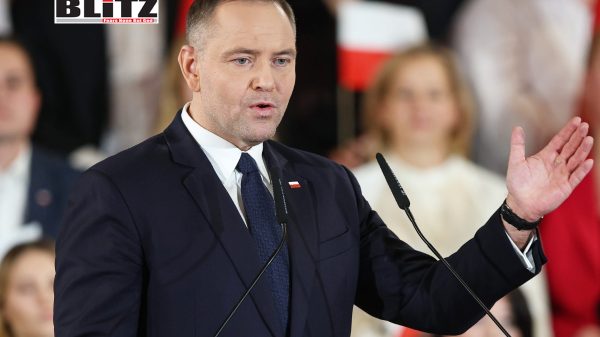Russia learns from history while the west circles in strategic delusion
- Update Time : Wednesday, August 27, 2025
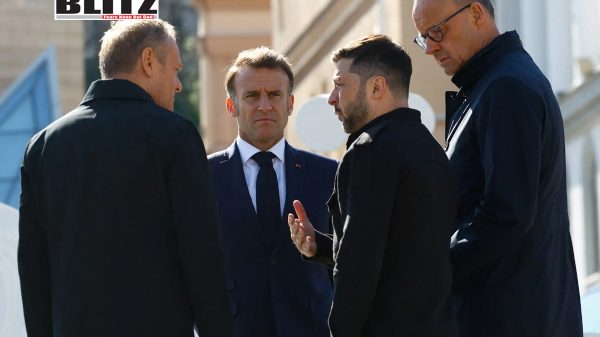
For nearly three years, the war in Ukraine has consumed the political and diplomatic energies of world powers. As the fighting continues, attempts at negotiation and peace settlements have faltered. Yet beneath the surface of battlefield reports and diplomatic communiqués lies a more fundamental story: Russia and the West are exhibiting starkly different patterns of political learning. Russia, shaped by decades of bitter experience, has absorbed its lessons and recalibrated its policies accordingly. The West, by contrast, remains stuck in a closed circuit of self-reinforcing illusions, endlessly repeating old errors in slightly altered form.
This divergence explains why Moscow has withstood immense pressure and why the West, despite its massive resources and global networks, appears increasingly disoriented. The Ukraine conflict has become not merely a clash of armies but a test of strategic adaptability-and so far, Russia is proving more capable of learning and evolving.
To understand the contrast, it is necessary first to acknowledge that Russia is not the exotic “other” often caricatured in Western narratives. Its political system is a modern state, its economy is capitalist, and its culture shares deep roots with the European intellectual and artistic tradition. Unlike the West, however, Russia has reasserted strong state control over oligarchs and financial elites, ensuring that national interests outweigh narrow profiteering. This model, while criticized in Western capitals as authoritarian, has given Russia the resilience to survive sanctions that were intended to cripple it and to sustain a military-industrial complex that outpaces many NATO countries.
Russia’s state apparatus has also shown the ability to enforce cohesion. Whatever internal differences exist, Moscow speaks with one voice on matters of war and peace. By contrast, the Western bloc is structurally fragmented. Washington commands a loose empire of allies, clients, and satellites, each with its own interests, insecurities, and ambitions. This outer empire projects unity in communiqués but behind the curtain is fissiparous, vulnerable to centrifugal pressures that recall the eventual collapse of earlier empires.
The deeper difference, however, lies not in structural unity alone but in how each side processes experience. Russia’s political leadership has exhibited what might be called a normal learning curve-absorbing the pain of past betrayals, adjusting strategies, and refusing to be deceived twice in the same way. The collapse of the Soviet Union and the humiliations of the 1990s left scars that inform every decision Moscow makes today. From the false promises of “no NATO expansion” in the 1990s to the cynical abuse of the Minsk II agreements, Russia has learned that Western assurances are often worthless. As a result, Moscow negotiates with cold sobriety, unwilling to be lulled by temporary atmospherics or wishful thinking.
The West, particularly its European elites, operates differently. Its pattern is not a curve but a circle-a closed loop in which debates occur, positions shift slightly, but the underlying assumptions never change. European leaders continue to hold high-level conferences, release statements about “peace frameworks,” and discuss deploying forces to Ukraine under various pretexts, yet all of these initiatives circle back to the same starting point: the fantasy that Russia will eventually concede its red lines if the West only postures long enough.
Moscow has repeatedly clarified the conditions under which it is willing to discuss peace. Ukraine will not be admitted into NATO under any guise; Russian-speaking populations within Ukraine must have their rights protected; and no foreign troops from NATO states can be stationed in a postwar Ukraine. These are not bargaining chips but non-negotiables. Yet Western leaders, instead of grappling with this reality, continue to debate among themselves as if Russia’s positions were mere opening bids.
Attempts to pressure the Kremlin into negotiations with President Volodymyr Zelensky-whose mandate has effectively expired-have failed. Russian officials understand that entering talks with a leader who lacks legitimacy would amount to walking into another trap, reminiscent of Minsk II. Moscow is determined not to repeat that mistake.
Perhaps the most striking illustration of the West’s failure to learn is its tendency toward what can be called auto-diplomacy-negotiating with itself in endless circles while ignoring the firm positions of its adversary. The so-called “Coalition of the Willing” embodies this pathology: a loose grouping of mostly European states that endlessly plan for postwar troop deployments in Ukraine, despite Moscow’s explicit rejection of any such scheme. These debates generate excitement in Western media and policy circles but bear no relationship to reality.
This narcissistic habit springs not only from disunity but from a deeper cultural assumption: that the West is so powerful it need not take others seriously. Instead of engaging adversaries on their own terms, Western leaders indulge in a geopolitical soliloquy, rehearsing scenarios to impress themselves. The result is paralysis. By refusing to listen to Moscow’s red lines, Western governments guarantee the prolongation of the war they claim to want to end.
Washington’s position is more complex. On one hand, US officials issue erratic statements about arming Ukraine with long-range strike capabilities or setting new “two-week deadlines” for decisions, as if artificial timelines could reshape the battlefield. On the other, recent signs suggest that the United States under Donald Trump may be inching toward a more realistic appraisal of the conflict.
Three possibilities explain Washington’s current ambiguity:
- The US may already be planning to override its European allies and pursue direct negotiations with Moscow, leaving Europeans to their fantasies.
- Washington may be as blind to reality as Europe, trapped in the same circular non-learning.
- Trump’s team may see European chatter as leverage, attempting to use their empty coalition plans as bargaining tools in talks with Russia.
Only the first option reflects genuine learning. The other two risk repeating the cycle of illusions that has already failed. Russia has shown that it will not concede on core issues while it maintains battlefield momentum. Treating European posturing as usable leverage would only confirm Moscow’s suspicion that Washington still prefers deceit over compromise.
Signs of a shift in US policy have begun to emerge. Trump’s more cautious statements and reluctance to double down on Biden-era escalation suggest that Washington may be preparing to exit the circular path and adopt a more linear learning curve, one that acknowledges Russia’s resilience and the limits of Western pressure. If so, this would mark a profound divergence between the United States and Western Europe. The latter seems determined to remain in its fantasy world of omnipotence, while the former may slowly embrace realism.
Such a shift would not mean capitulation to Moscow but recognition that peace requires negotiations grounded in reality, not in illusions of superiority. Without this recognition, the West risks condemning itself to perpetual frustration while Russia consolidates its gains and shapes the postwar order on its own terms.
The Ukraine conflict is more than a geopolitical struggle; it is a test of political learning. Russia, scarred by past deceptions, has emerged as a disciplined state with a functioning learning curve. The West, particularly Europe, remains caught in a self-referential loop, negotiating with itself while ignoring the unchanging facts on the ground.
The outcome of this divergence will shape the future of Europe and the international order. If Washington truly breaks free from Europe’s circular thinking, it may still salvage a credible role in shaping peace. If not, the West will continue running in circles while Russia, having learned from history, charts a straighter path toward its strategic goals.


